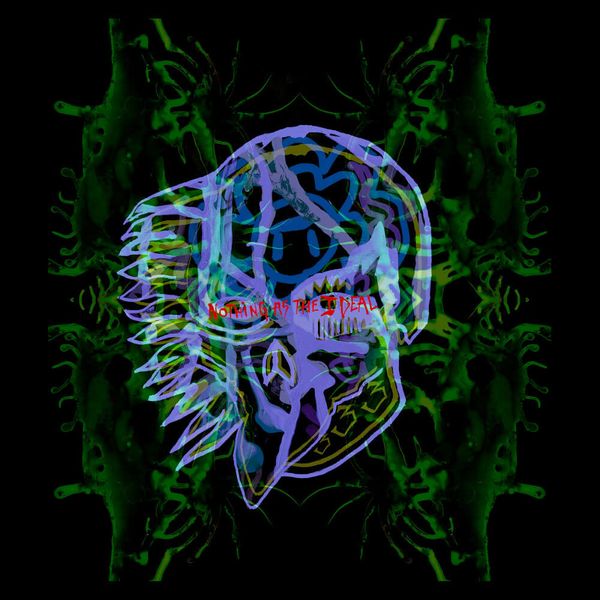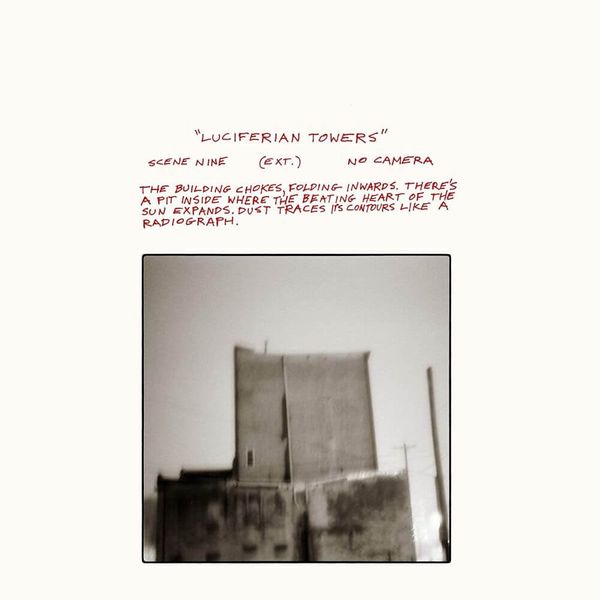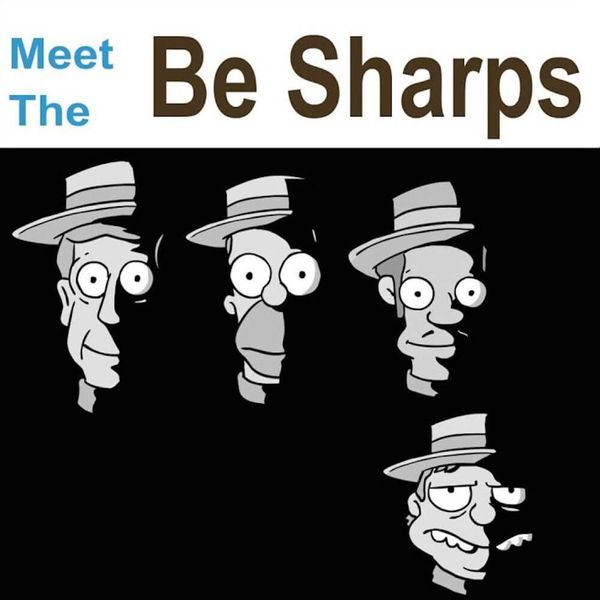André
Godspeed You! Black Emperor’s debut record approaches its 20th anniversary this month, and it remains one of the most striking debut albums in modern music. Whilst the concept of a standard studio album narrows with each year, F♯ A♯ ∞ continues to serve as a refreshing change of pace. It’s not hugely accessible, but it is thoroughly effective for those with the patience. The current musical climate could do with more records in the same realm.
Arrangements move at their own pace, building from silence and rising to intense crescendos. The best moments are wonderful, and the instances of stillness can be testing, but the record remains commanding. F♯ A♯ ∞ is never boring, and for an hour-long piece of experimental arthouse music comprised of dreary drones and sparse soundscapes, I’d say that’s quite the feat.
I’ve had a keen ear for drama and musical theatrics for as long as I can remember, so it’s no surprise that F♯ A♯ ∞ appeals to me. This is as climactic as a record can get, yet also finds room for some subtleties. It finds success not only in what it achieves, but what it intentionally does not do. Moments of tranquillity separate segments of thrilling arrangements. Texture is as important as any melody, and sometimes Godspeed You! Black Emperor flourish when barely any music is playing at all. “East Hastings” evokes a sense of isolation that would be perfect for the barren wastelands of Fallout, whilst “The Dead Flag Blues” depicts a Gothic Hawaii, with its sublime slide guitars and bass-driven melody.
F♯ A♯ ∞ slips out of different styles and genres with ease, and though the sound is overwhelmingly gloomy, the band clearly have fun too: during the middle portion of “Providence”, it sounds like they’re setting the scene to a spaghetti western. F♯ A♯ ∞ is full of moments like these that mean it will continued to be remembered for years to come. It may be two decades old, but it remains as relevant as ever: sonically, conceptually, and structurally. Highly recommended.
8 out of 10
Fred
This was a grim experience and I loved it. F# A# ∞ is like listening to an arthouse film: strange, beautiful, and a tad lax. Godspeed You! Black Emperor’s debut gets deep into the minutia of what is typically labelled post-rock, but the results defy labels. Almost entirely instrumental, the music twangs and moans through a sumptuous range of soundscapes, sounding as fresh as it does apocalyptic.
It’s one of the best sounding albums I’ve listened to for a long time, with production that makes every element of composition sound clean and new. The amorphous nature of the album makes it hard to pin down, but the early rustic odes of “The Dead Flag Blues” and the solitary guitar work midway through “East Hastings” have especially stuck with me. It’s a true sensory experience. Not that I’m totally smitten with it. It does slip in and out of nondescript ambient fluff — remarkably little for what it is, but still enough to mention.
As elegantly made as F# A# ∞ is, there’s still a light touch of Frankenstein about it. Beautifully stitched, though. I’m glad albums like this can and do stumble into existence. F# A# ∞ is the kind of art that puts the potential of a medium into perspective. Not because it blows things out of the water, but because it is elegantly, effortlessly different enough to open one’s eyes. It's easy to get sucked into a pretty narrow idea of what an album is, and projects like this provide a friendly slap in the face. So give it a listen. It’s a wonderfully weird spiritual trip, and the prettiest slap in the face you’ll ever receive.
8 out of 10
Andrew
F# A# ∞ has been a hard listen for me. That’s not the start of a negative review by any means, but I’ve struggled with my feelings towards it. I can latch on to small pockets of the vast expanses of time that each track fills. The final two minutes of “The Dead Flag Blues” float into a sweet violin and xylophone medley, the mid section of “Providence” whirls into a fast canter that builds suspense and excitement. It can all be very exciting at times. Even those moments that often melt into one another like the moody, cinematic western that plays out a short way into “East Hastings” are evocative, but nevertheless, drift by with the tumbleweed that the music evokes. There’s even an eerie moment that spooks me on each listen around the twelve-minute mark of “East Hastings”, with a sullen, monotonous voice crackling over a radio amongst a whirring, claustrophobic atmosphere.
Inbetween these satisfying moments, there are vast caverns of sparse soundscaping and it’s at these moments that the music becomes background music for me. I can only assume that I don’t click with this type of album as a whole, but rather than feeling totally unmoved or disinterested by it as I would with an album I simply don’t like, I come away frustrated that I don’t get on with it more. It’s an objectively good album with some wonderful moments, but ultimately not something I can praise to the highest degree. With that said, it’s been a genuinely interesting experience that’s managed to send my imagination into overdrive at times.
7 out of 10



